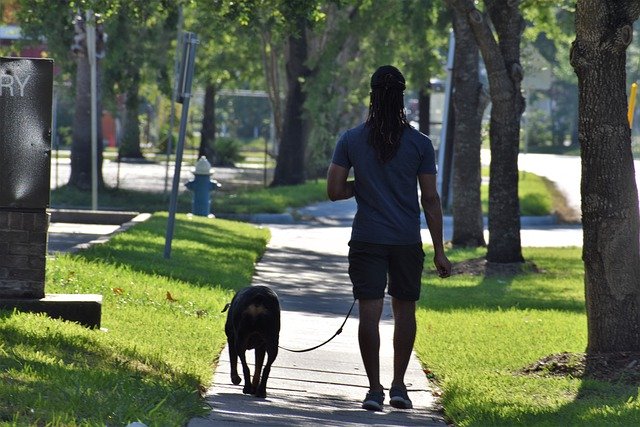

Have a Question?
Generally Asked Question
Veterinarians are not an option when they come to your pets. A Client-Patient Relationship should be established as soon as possible,for the health, well-being and happiness of your pet.
A Veterinarian-Client-Patient Relationship, or VCPR for short, exists when your veterinarian knows your pet well enough to be able to diagnose and treat any medical conditions your animal develops. Your part of the VCPR is allowing your veterinarian to take responsibility for making clinical judgments about your pet's health, asking questions to make sure you understand, and following your veterinarian's instructions. Your veterinarian's part of the VCPR involves making those judgments; accepting the responsibility for providing your pet with medical care; keeping a written record of your pet's medical care; advising you about the benefits and risks of different treatment options; providing oversight of treatment, compliance (your follow-through on their recommendations) and outcome; and helping you know how to get emergency care for your pet if the need should arise.
A VCPR is established only when your veterinarian examines your animal in person, and is maintained by regular veterinary visits as needed to monitor your animal's health. If a VCPR is established but your veterinarian does not regularly see your pet afterward, the VCPR is no longer valid and it would be illegal and unethical for your veterinarian to dispense or prescribe medications or recommend treatment without recently examining your pet.
A valid VCPR cannot be established online, via email, or over the phone. However, once a VCPR is established, it may be able to be maintained between medically necessary examinations via telephone or other types of consultations; but it's up to your veterinarian’s discretion to determine if this is appropriate and in the best interests of your animals’ health.
For one, it's required by law in many states – in order for a veterinarian to diagnose or treat your animal, or prescribe or dispense medications, a VCPR must be in effect according to the state's Veterinary Practice Act.
Two, it's the best thing for your animal's health. Your veterinarian should be familiar with your animal's medical history and keep a written record of your animal's health so they can provide your animal with the best possible care.
Your veterinarian knows you and knows your animal(s), and this is critical to keeping your animal(s) healthy. For example, your veterinarian can customize a vaccination program to give your animal the best protection from disease and make sure that it isn't getting a vaccine it doesn't need. Vaccine and drug reactions, although uncommon, can occur, and your veterinarian is trained to recognize and treat them to minimize the chance that the reaction will become severe or even life-threatening – you can't get that from a website!
Figuring out what's wrong with an animal is like solving a very complex puzzle – your veterinarian has to figure out how to fit all of the clues (pieces of the puzzle) together to solve it. Veterinarians have, on average, 8 or more years of college and in-depth veterinary school training to prepare them for this task. Their training makes it possible for them to thoroughly evaluate, diagnose and treat your animal's problem. Doing these things effectively involves thorough knowledge of your animal's body systems and how they function, as well as a familiarity with how medications and other treatments work and if any treatments interfere with others. Hands-on physical examination is incredibly valuable to your pet and can't be replaced by a phone conversation, web-based conversation, or email description.
